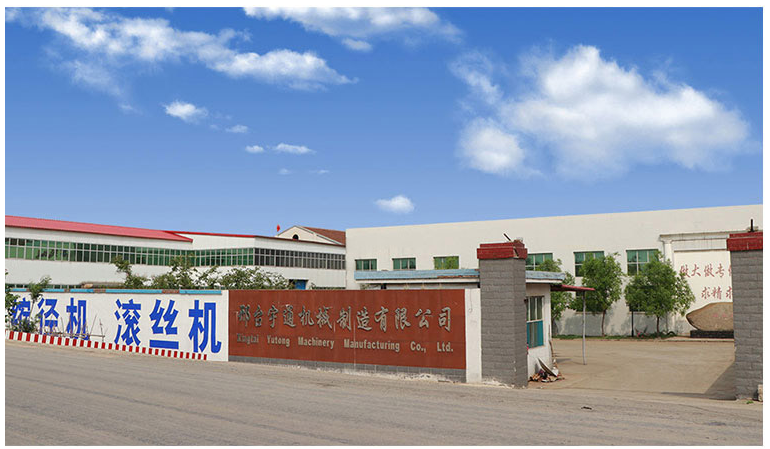
-
 Afrikaans
Afrikaans -
 Albanian
Albanian -
 Amharic
Amharic -
 Arabic
Arabic -
 Armenian
Armenian -
 Azerbaijani
Azerbaijani -
 Basque
Basque -
 Belarusian
Belarusian -
 Bengali
Bengali -
 Bosnian
Bosnian -
 Bulgarian
Bulgarian -
 Catalan
Catalan -
 Cebuano
Cebuano -
 Corsican
Corsican -
 Croatian
Croatian -
 Czech
Czech -
 Danish
Danish -
 Dutch
Dutch -
 English
English -
 Esperanto
Esperanto -
 Estonian
Estonian -
 Finnish
Finnish -
 French
French -
 Frisian
Frisian -
 Galician
Galician -
 Georgian
Georgian -
 German
German -
 Greek
Greek -
 Gujarati
Gujarati -
 Haitian Creole
Haitian Creole -
 hausa
hausa -
 hawaiian
hawaiian -
 Hebrew
Hebrew -
 Hindi
Hindi -
 Miao
Miao -
 Hungarian
Hungarian -
 Icelandic
Icelandic -
 igbo
igbo -
 Indonesian
Indonesian -
 irish
irish -
 Italian
Italian -
 Japanese
Japanese -
 Javanese
Javanese -
 Kannada
Kannada -
 kazakh
kazakh -
 Khmer
Khmer -
 Rwandese
Rwandese -
 Korean
Korean -
 Kurdish
Kurdish -
 Kyrgyz
Kyrgyz -
 Lao
Lao -
 Latin
Latin -
 Latvian
Latvian -
 Lithuanian
Lithuanian -
 Luxembourgish
Luxembourgish -
 Macedonian
Macedonian -
 Malgashi
Malgashi -
 Malay
Malay -
 Malayalam
Malayalam -
 Maltese
Maltese -
 Maori
Maori -
 Marathi
Marathi -
 Mongolian
Mongolian -
 Myanmar
Myanmar -
 Nepali
Nepali -
 Norwegian
Norwegian -
 Norwegian
Norwegian -
 Occitan
Occitan -
 Pashto
Pashto -
 Persian
Persian -
 Polish
Polish -
 Portuguese
Portuguese -
 Punjabi
Punjabi -
 Romanian
Romanian -
 Russian
Russian -
 Samoan
Samoan -
 Scottish Gaelic
Scottish Gaelic -
 Serbian
Serbian -
 Sesotho
Sesotho -
 Shona
Shona -
 Sindhi
Sindhi -
 Sinhala
Sinhala -
 Slovak
Slovak -
 Slovenian
Slovenian -
 Somali
Somali -
 Spanish
Spanish -
 Sundanese
Sundanese -
 Swahili
Swahili -
 Swedish
Swedish -
 Tagalog
Tagalog -
 Tajik
Tajik -
 Tamil
Tamil -
 Tatar
Tatar -
 Telugu
Telugu -
 Thai
Thai -
 Turkish
Turkish -
 Turkmen
Turkmen -
 Ukrainian
Ukrainian -
 Urdu
Urdu -
 Uighur
Uighur -
 Uzbek
Uzbek -
 Vietnamese
Vietnamese -
 Welsh
Welsh -
 Bantu
Bantu -
 Yiddish
Yiddish -
 Yoruba
Yoruba -
 Zulu
Zulu
Rebar Thread Rolling Machine Manufacturing Factories and Their Key Features
Understanding Rebar Thread Rolling Machine Factories
In the construction and manufacturing industries, the demand for robust reinforcement materials has been expanding. Among these materials, rebar (reinforcing bar) plays a crucial role in enhancing the tensile strength of concrete structures. To meet this growing need, the production of rebar thread rolling machines has become a vital segment of the machinery industry. This article explores the significance of rebar thread rolling machine factories, their operations, and their impact on the construction sector.
Rebar thread rolling machines are specialized equipment designed to create threads on rebar's surface, facilitating easier connections between the rebars and coupling devices. The threading process enhances the mechanical interlocking between bars and couplers, ensuring strong and durable connections that can withstand high tensile loads. Factories producing these machines exhibit a blend of advanced engineering, automation, and skilled craftsmanship, which helps to streamline the production and make the machines highly efficient and reliable.
Factories engaged in manufacturing rebar thread rolling machines typically operate under stringent quality control measures. These regulations ensure that the machines meet industry standards and can withstand rigorous conditions on construction sites. The manufacturing process involves several stages, including the design and engineering of the machines, selection of high-quality materials, precision machining, and rigorous testing. Many factories have adopted advanced technologies such as computer-aided design (CAD) and computer numerical control (CNC) machining to enhance the precision and efficiency of their products.
rebar thread rolling machine factories

The automation of rebar threading processes has revolutionized the construction industry. Traditionally, rebar threading was a manual and labor-intensive task, prone to human error and varying quality. Modern thread rolling machines significantly reduce manual labor, increase production speed, and maintain consistent quality. This efficiency leads to lower operational costs for construction companies and contributes to faster project completion times.
Furthermore, the versatility of thread rolling machines allows them to handle various rebar sizes and types, making them a valuable asset in any construction project
. Whether for residential buildings, bridges, or large industrial structures, rebar thread rolling machines provide reliable solutions that ensure structural integrity and safety.The increasing adoption of sustainable construction practices has also influenced the rebar thread rolling machine market. As more builders seek to minimize waste and use resources efficiently, high-performance machines that can produce less scrap and optimize material usage are in high demand. Manufacturers are responding to these trends by innovating their designs to make them more efficient and environmentally friendly.
In conclusion, rebar thread rolling machine factories play a pivotal role in modern construction. By providing high-quality, efficient, and reliable machinery, these factories help ensure the strength and durability of structures worldwide. As the construction industry continues to evolve, the demand for advanced thread rolling technology will only grow, pushing manufacturers to innovate and improve their offerings. This relentless pursuit of quality and efficiency not only supports the construction sector but also contributes to safer, more sustainable building practices for the future.
